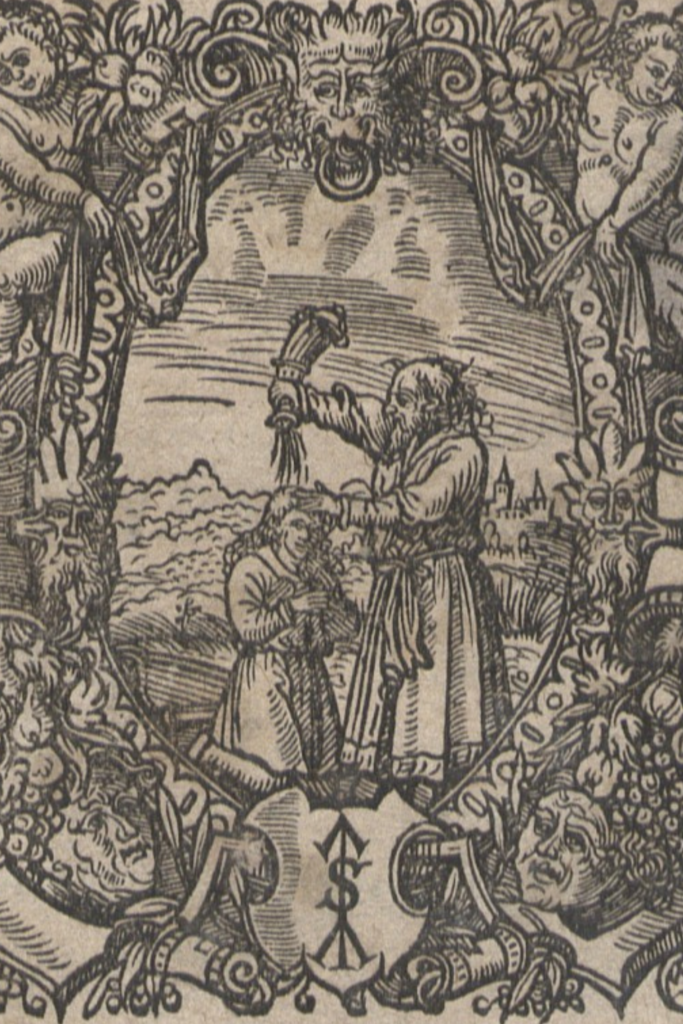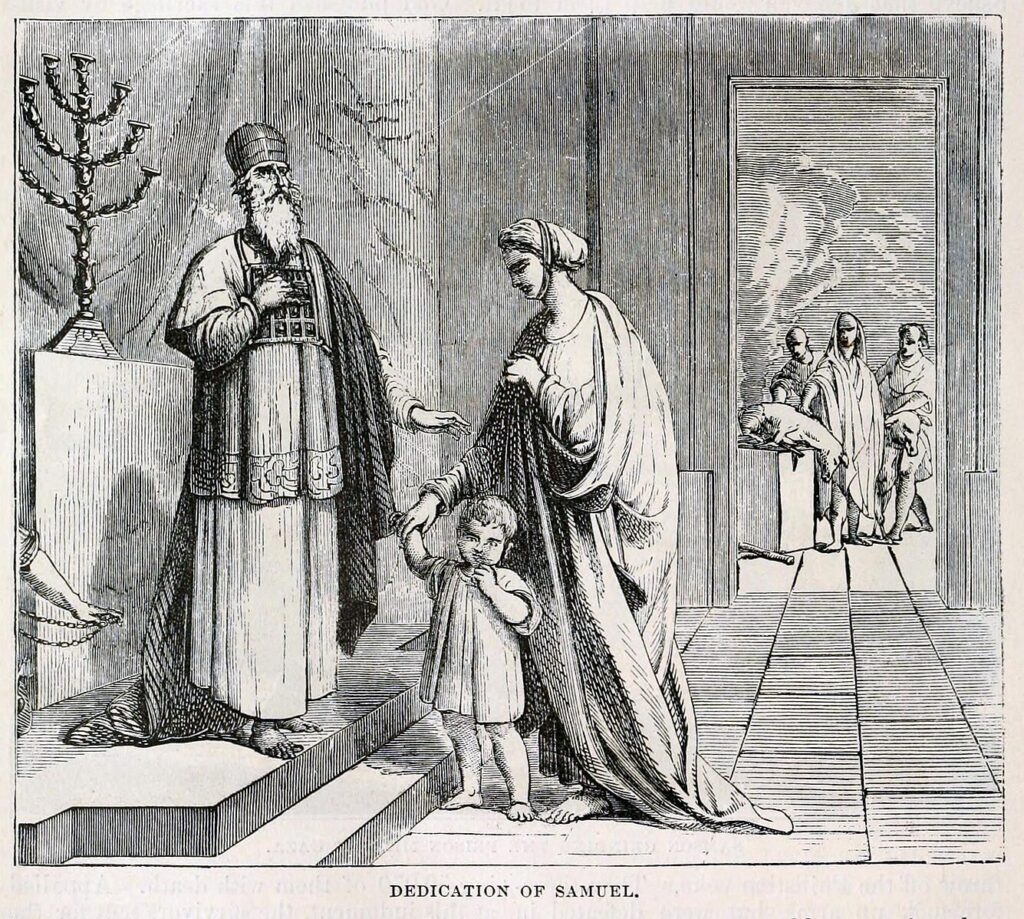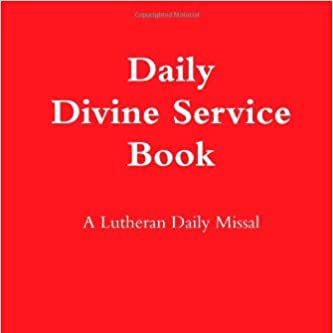Prophet and Judge

Samuel’s story begins, like many great men in the Bible, with expectations flipped on their head. There lived a man named Elkanah who had two wives. The one wife bore children, while the other, Hannah, had no children. And doing the unexpected, God did for Hannah what he did for Sarah and would do for Elizabeth and Mary: he gave the childless woman a son, and Hannah called his name Samuel, which means “God has heard.” Out of Hannah’s thanksgiving came a canticle foreshadowing St. Mary’s Magnificat in which Hannah pondered the way God sees the meek and lowly and puts the mighty to shame. God heard Hannah’s plea for a child, and in return Hannah kept her promise to give the child to the Lord and his service in the Temple.
Samuel’s name is a fitting summary of his own life, for Samuel served as prophet over the people of Israel but also as their last judge. He marked the transition from the period of judges to the period of kings for the people of Israel. Even though the Lord spoke through Samuel and warned his people against having a king, he ultimately heard their adulterous pleadings and persistence, granting his people’s request.
Samuel anointed not just Saul, the first king, but also the second king, King David, who proved to be a true man after God’s own heart. From the time of his service under Eli the priest, Samuel listened to the Lord, and the Lord heard him. At times Samuel had to bear the difficult message of “repent!,” and at times he led the people in prayer, calling upon the Lord to lead them to successful conquest against their enemies. This included their great success against the Philistines at Mizpah.
Two canonical books bear Samuel’s name. He is present from the beginning of I Samuel but dies before the end. It is said that those near to Samuel recorded his death and the rest of I Samuel, and the entirety of II Samuel was written by them. Samuel’s death is mentioned in brief when all of Israel gathered and mourned him, a testament to his significance to God’s people for nearly 60 years.

Brief History
The Lutheran Church commemorates St. Samuel on August 20th, a move from the date that Loehe records for his calendar of saints. The new date, printed in our Lutheran Service Book, reflects a consistency in dating with the Eastern Orthodox Church.
Most especially, Lutherans remember Samuel for his Christ-like office and his unique position of being a a prophet, a priest, and a sort-of ruler over Israel. This, of course, foreshadowed Christ’s own work as the ultimate prophet, priest, and king over us all.
Collect
O Almighty God, who hast knit together Thine elect in one communion and fellowship in the mystical body of Thy Son Jesus Christ, our Lord: grant us grace so to follow Thy blessed saints in all virtuous and godly living, that we may come to the unspeakable joys which Thou hast prepared for those who unfeignedly love Thee; through the same, Jesus Christ, Thy Son, our Lord, who liveth and reigneth with Thee and the Holy Ghost: ever one God, world without end. Amen.

First Reading
Gospel
Resources
Issues, Etc. interview with the Rev. Dr. Dr. Geoff Boyle on the Old Testament Judge and Prophet Samuel
Propers found in Daily Divine Service Book: A Lutheran Daily Missal, edited by the Rev. Heath Curtis
References:
1. Weedon, William. Celebrating the Saints. Concordia Publishing House. 2016.
Images:
1. Samuel salbt David zum König, Erasmus Reinhold, Germany, 1585.
2. The Anointment of David, Paolo Veronese, Italy, ca. 1555.
3. Dedication of Samuel, James Dabney McCabe, United States of America, 1877.
Some links might be affiliate links which means we may receive a small commission at no extra cost to you. As an Amazon Associate we earn from qualifying purchases.




[…] our introduction to St. Hannah, Old Testament matriarch and mother of Samuel, we discussed her connection to the Virgin Mary and […]